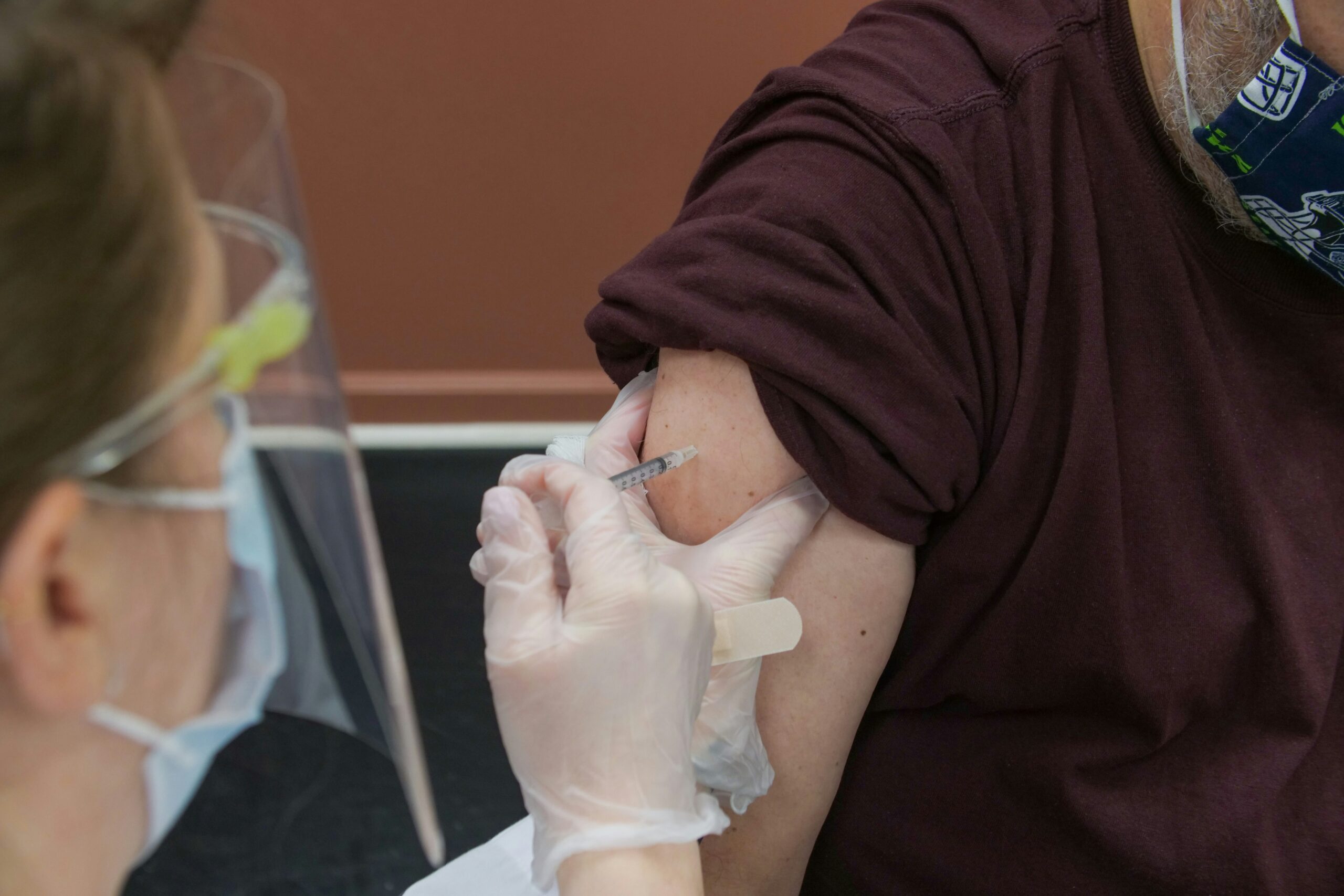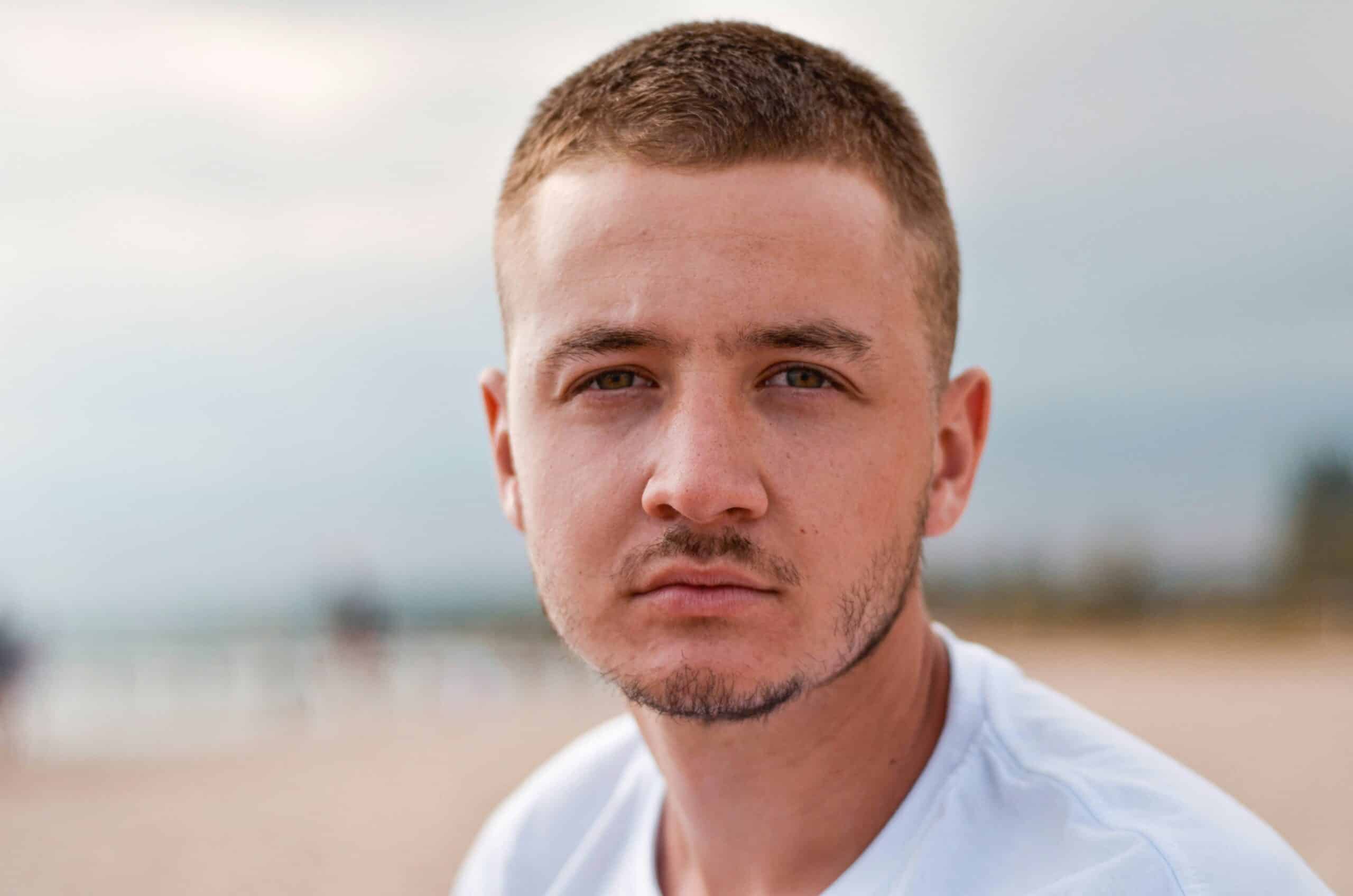Many addicts have described reaching a pivotal moment of clarity in which they realized that they are facing only three possible outcomes of their dilemma: death, incarceration, or recovery. The addicted brain will usually deny the possibility of the first two outcomes for a long time and reject the hard path of recovery. Such is the devious nature of addiction.
Possible Outcome #1: Death
The national opioid addiction crisis has brought with it an ever-increasing number of drug overdose deaths in recent years. In 2015, the 50,000 mark was breached for the first time with 52,404 lethal drug overdoses for that year. Ever more lethal combinations of illicit drugs are sold on the streets. Addiction is often described as compulsive substance use or behavior that continues despite negative consequences. Death is the ultimate negative outcome. It is irreversible. Recovery is no longer an option. Unfortunately, addiction is a disease that is hard to beat, and even the possibility of losing your life is often not enough to deter substance users in the vice grip of active addiction.
Possible Outcome #2: Prison
Severe substance disorders typically involve the total focus of the addict on acquiring the next dose to avoid emotional and physical pain. Criminal activity and reckless behavior are therefore commonplace. Breaking the law to sustain drugs and alcohol misuse is so common that until 2013 “legal problems” was one of the criteria for substance abuse in the Diagnostic and Statistical Manual of Mental Disorders—the standard classification of mental disorders used by mental health professionals in the United States. The current fifth edition (DSM-5) combined the abuse and dependence categories from previous editions into the single “substance use disorder” category and removed legal problems from the list of symptoms. “The DSM-5 may have dropped legal problems as a symptom of drug abuse, but it is still a valid indicator for an addiction problem,” says Robert Walters, Vice President of Intake Services at Lakeview Health. For many decades, addiction was viewed as moral depravity leading to crime and deserving jail time. Many addicts still experience their first detox in jail without the benefit of any real addiction treatment. This can actually be dangerous. In 2016, CBS reported on a number of deaths involving heroin withdrawal in jail. “Advocates fear the number will grow given the nation’s heroin crisis. They find the deaths particularly troubling because of opioid withdrawal, while miserable, is rarely life-threatening if medication, monitoring and—in severe cases—intravenous fluids are available.” Detoxing in jail by going “cold turkey” is hazardous and rarely the beginning of a sustained recovery. Many prisoners relapse soon after their release because the reasons for the substance abuse were not addressed.
Possible Outcome #3: Recovery
To be successful, addiction treatment has to uncover and address the deeper causes of the substance misuse. Addiction is a biopsychosocial disorder and treating it requires a comprehensive approach. Many addicts are self-medicating emotional trauma or anxiety with drugs and alcohol. If such co-occurring conditions are left untreated, a lasting recovery from addiction is unlikely. The Lakeview model is an integrative health approach. “We want to give our patients a full body–mind–spirit experience,” says Dr. Philip Hemphill, Lakeview’s Chief Clinical Officer. It is a comprehensive re-calibration. “The whole sense of self—the way they define themselves and function in society—is reset.” Recovery is the only one of the three outcomes that can restore the affected individual to sanity. Albert Einstein famously defined insanity as doing the same thing over and over again expecting different results. Since addiction is doing the same thing over and over again despite the same extremely negative consequences including the possibility of death, it can be considered highly irrational behavior. Just saying no—which seems so logical to a non-addicted person—won’t work. Only comprehensive therapy will help. “If you’re not sure about the severity of your condition or whether your loved one needs help, call and talk to us,” says Walters. “It’s most important not to wait for all the negative consequences of drug or alcohol abuse to happen. Seek help now before it is too late.”




